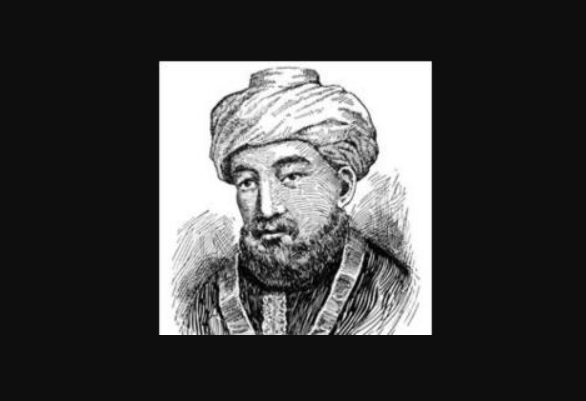SAADIAH BEN JOSEPH, (882 – 942), Babylonian Jewish scholar and philosopher, whose originality and broad interests made him the most significant Jewish author of his day. A prolifie writer, Saadiah wrote about 100 Hebrew and 200 Arabic works.

Saadiah ben Joseph, who is often referred to as Saadia Gaon, was born in Dilaz, Faiyum, Egypt. From 915 on he traveled through Palestine and other countries, finally settling in BabyIonia where in 928 he was appointed gaon, or head, of the Academy of Sura. Following a quarrel with the exilarch David ben Zakkai, who was one of a line of Jewish civil and judicial rulers of the exiles in Babylon, Saadiah was deposed, but was reinstated in 937. Saadia’s known works include a polemic (915) against the heretical Karaite sect and other powerfully argued writings against heretics. In his main philosophical work, the Kitab alAmanat walVtiqadat (Book of Beliefs and Opinions), written in Arabic in 933, Saadiah follows both Aristotle and the Müslim kalam, a liberal theological and philosophical system. He denies any conflict between faith and reason and attributes eternal existence, omnipotence, and omniscience to God.
Most of Saadiah’s halakhic (religiolegal) writings are in Arabic, although some of his responsa (decisions on questions of ritual) are in Hebrew. His Sepher HaGaluy, written in Hebrew, contains an account of his difficulties and was intended as a model for composition. His prayer book, which was published in Jerusalem as the Siddur of Saadiah Gaon in 1941, was intended to standardize Jewish prayers. The Siddur contains rubrics, in Arabic, and piyyutim (religious poems), written in an artificial and difficult Hebrew. Saadiah’s translation of the Bible into Arabic is called the Tafsir and is accompanied by commentaries in Arabic on most of the biblical books.
Saadiah was also a renowned Hebrew lexicographer. His great lexicon, the Agron, with explanations in Arabic, was one of his earliest works and is extant only in fragments. He compiled a list of words occurring only once in the Bible, the Hapax Legomena. His Hebrew grammar, Kutub allugha (Books of Language), was written in Arabic and consists of 12 parts.
En route to Babylonia in 921, Saadiah became involved in a controversy with the Palestinian rabbi Aaron ben Meir, who was determined on drastic changes that would have greatly complicated the Jewish calendar. In his Sepher Zikkaron he vigorously refuted the Palestinian claim to final authority in such matters, thereby establishing the Jewish calendar now in use. Saadiah died in Sura, Babylonia (modern Iraq).